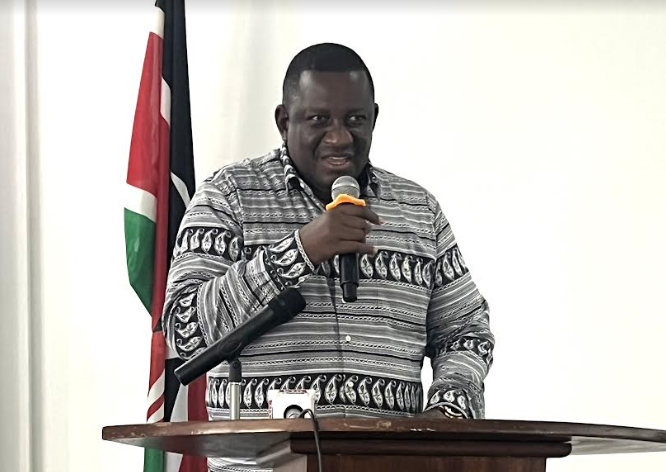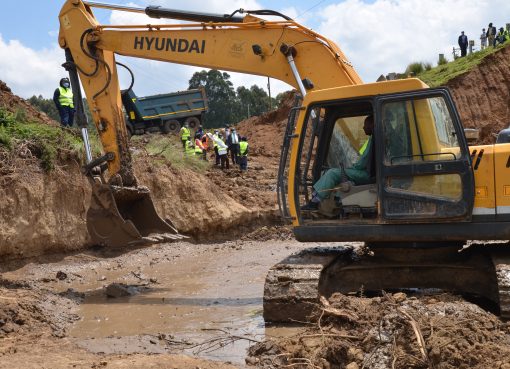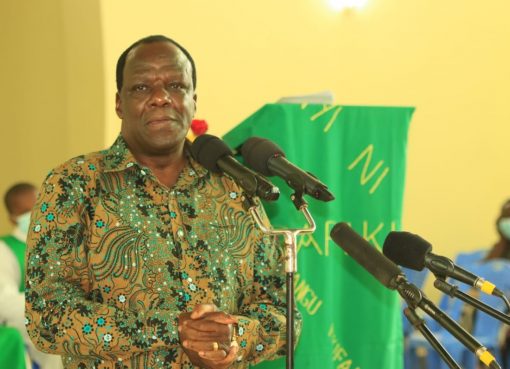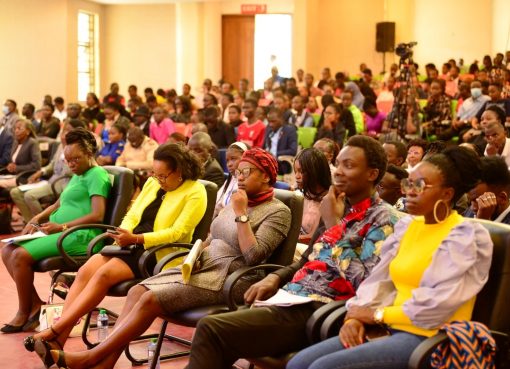The government has announced plans to work with universities and mining stakeholders to conduct research to establish the economic value of minerals available in the country.
Mining, Blue Economy, and Maritime Affairs Cabinet Secretary Salim Mvurya said that the ministry is now working with universities to help in capacity building, research, and training of engineers and geologists.
He said they have also grouped the minerals into industrial and strategic categories, which need a lot of research, thus requesting universities to work with the ministry to establish value-added in the country.
Speaking during a Kenyan-German Centre of Excellence for Mining, Environmental, Engineering, and Resource Management (CEMEREM) conference in Mombasa, Mvurya said that the mining sector is very important in Kenya as the government strives to move revenues from one per cent of Gross Domestic Product (GDP) to 10 per cent in the next three years.
He said that they will be working with stakeholders and investors, adding that they have set up a meeting in two weeks for all the mining stakeholders in a bid to enable the sector to be a lucrative business free from cartels.
The CS noted that the mining sector, for the last five years, has had a moratorium to be able to protect national interests and to also do geo-surveys across the country.
Mvurya said the cabinet has now decided to lift the moratorium, therefore inviting stakeholders and investors who want to apply for prospective mining licenses to do so.
He said the ministry is also working on mineral value addition and processing policies, which are very instrumental in growing the mining sector.
“We want to modernise the laboratory so that we can solve the issue of sampling and testing, which has been a challenge,” said Mvurya.
He said they will make sure the lab in Madini House in Nairobi can be accredited internationally and then move in to decentralise lab services across the country.
“It is critical to work with the universities on this so that they can have their input in the process,” he added.
He noted that the government has also decriminalised artisanal mining, thus looking forward to working with Taita Taveta University on trading for the artisanal miners, and universities playing a key role in updating their skills and technology so that they can do the business in a good and enabling environment.
He said the Cabinet has approved the formation of a special police unit to be based in the ministry to foster compliance and make sure investors follow the law.
“Previously, we didn’t have a lot of investment in the mining sector in terms of training. The focus in our universities was not on mining courses; with the potential that we have in our country, we need more geologists and engineers who can understand important concepts in mining and support Kenya in transitioning to an industrialised country,” he said.
By Chari Suche





